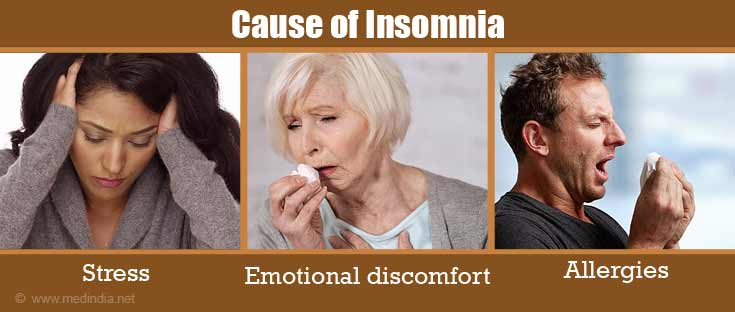

Light level and duration of exposure determine the impact of self-luminous tablets on melatonin suppression.Insomnia is one type of sleep disorder. Diagnosis and treatment of chronic insomnia.
#Chronic insomnia causes tv#
Do computer use, TV viewing, and the presence of the media in the bedroom predict school-aged children's sleep habits in a longitudinal study?. 10 types of meds that can cause insomnia. Mobile devices and insomnia: Understanding risks and benefits. Youth screen media habits and sleep: Sleep-friendly screen-behavior recommendations for clinicians, educators, and parents.

Have a healthful, varied diet to boost overall well-being.Īnyone with acid reflux or a cough might benefit from raising their upper body with one or more extra pillows.Īsk a doctor about ways of managing a cough, pain, and any other symptoms that are affecting sleep.Limit caffeine and alcohol intake, especially at night.However, avoid eating a heavy meal within 2–3 hours of going to bed.Have a healthy snack before bed, if necessary. Use blackout blinds or curtains to darken the room.Ensure that the room is a comfortable temperature before bedtime.Keep telephones and other devices outside of the bedroom.Start winding down an hour before bedtime, for example, by taking a bath.Avoid using any device with a screen right before bed.Go to bed and wake up at the same times, establishing a routine.a combination of glucosamine and chondroitinĪ number of remedies and tips can help manage insomnia.angiotensin II receptor-blockers, or ARBs.


During menopause, for example, hormonal changes can lead to night sweats, which can interrupt sleep. Often, symptoms of another health issue or natural transition cause difficulty sleeping. chronic obstructive pulmonary disease, known as COPD.gastrointestinal reflux disease, commonly called GERD.Some other health conditions that can limit sleep include: In some people, stress or a mental health issue is responsible for insomnia. using recreational drugs, such as cocaine or ecstasy.caring for someone in the house, if it disrupts sleep.the room being too hot, cold, or noisy, or the bed being uncomfortable.having jet lag, switching shifts at work, or dealing with any other changes to the body’s internal clock.In some other instances, insomnia stems from an underlying medical condition. Often, the cause is a temporary problem, such as short-term stress. Insomnia can result from a range of physical and psychological factors.


 0 kommentar(er)
0 kommentar(er)
